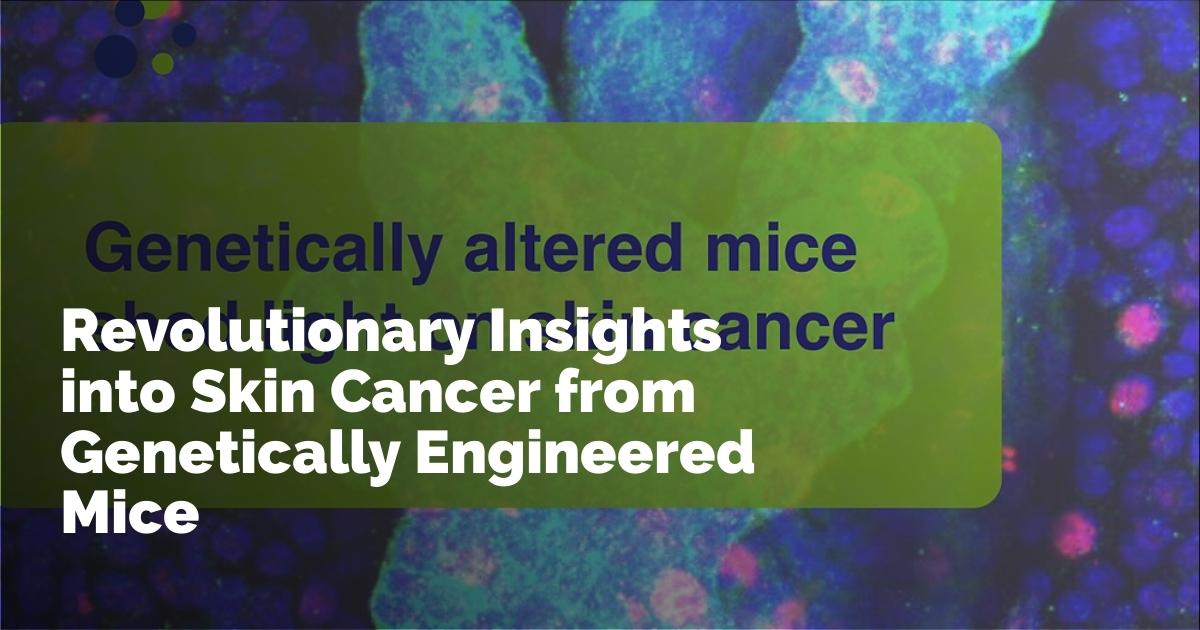Genetically Altered Mice Provide New Insights Into Skin Cancer
Introduction to Basal Cell Carcinoma
Basal cell carcinoma (BCC) holds the title of being the most common form of skin cancer among humans. Despite its prevalence, BCC rarely metastasizes, which means it seldom spreads to other parts of the body. Generally, this type of cancer is highly treatable, often through surgical intervention. However, when left untreated, BCC can become aggressive, leading to the destruction of skin, tissue, and even bone. In severe cases, it can become life-threatening. Understanding the mechanisms that drive BCC is crucial for developing better treatment strategies and improving patient outcomes.
The Role of Survivin in Cancer Progression
At the heart of recent discoveries regarding BCC is a protein known as Survivin. This protein plays a significant role in the life cycle of stem cells, particularly in assisting their growth and division while simultaneously preventing them from undergoing apoptosis, or self-destruction. The intricacies of this protein's involvement in cancer have become a focal point of study for many researchers.
Research Conducted at the Champalimaud Foundation
Researchers from the Champalimaud Foundation, a member of the European Animal Research Association (EARA), have made groundbreaking strides in understanding BCC. By focusing on genetically altered mice infused with cancer-causing genes, they have been able to demonstrate the critical role that Survivin plays in both the development and progression of BCC.
Experimentation with Genetically Altered Mice
The use of genetically engineered mice has been instrumental for the research team. These mice were specifically altered to carry genes that predispose them to cancer, providing an effective model for studying BCC in a controlled environment. Through these experiments, researchers were able to observe how Survivin not only supports the growth of skin tumors but also influences cells that typically resist cancer, making them more likely to form tumors.
Blocking Survivin and SGK1
An important breakthrough in the research was the identification of a second protein, SGK1, which, like Survivin, plays a role in BCC progression. The researchers discovered that by blocking either Survivin or SGK1 in the genetically altered mice, it was possible to stop pre-cancerous cells from developing into malignant skin tumors. This finding presents a potential therapeutic target for preventing the progression of BCC into more serious stages.
Insights from Lead Researcher
Lead researcher Adriana Sánchez-Danés expressed her excitement about the findings. She remarked that one of the most fascinating aspects of the study was discovering that Survivin not only fosters conditions for existing tumor growth but can also convert resistant cells into ones that have the potential for cancer formation. This dual role of Survivin adds a layer of complexity to its involvement in cancer biology.
Publication and Implications for Future Research
The details of this study were published in "Cancer Discovery," emphasizing its importance within the scientific community. The findings open up new avenues for research, especially in developing therapies that specifically target the mechanisms by which Survivin and SGK1 facilitate BCC progression. Future research could explore similar pathways in other types of cancer, potentially expanding the impact of these discoveries.
Conclusion
The research conducted by the Champalimaud Foundation is a testament to the power of animal models in understanding human disease. By unraveling the role of proteins like Survivin and SGK1, scientists are one step closer to understanding the complex processes that lead to skin cancer. While there is still much to learn, these findings provide hope for better diagnostic and treatment options for BCC, benefiting patients worldwide.
출처 : Original Source

